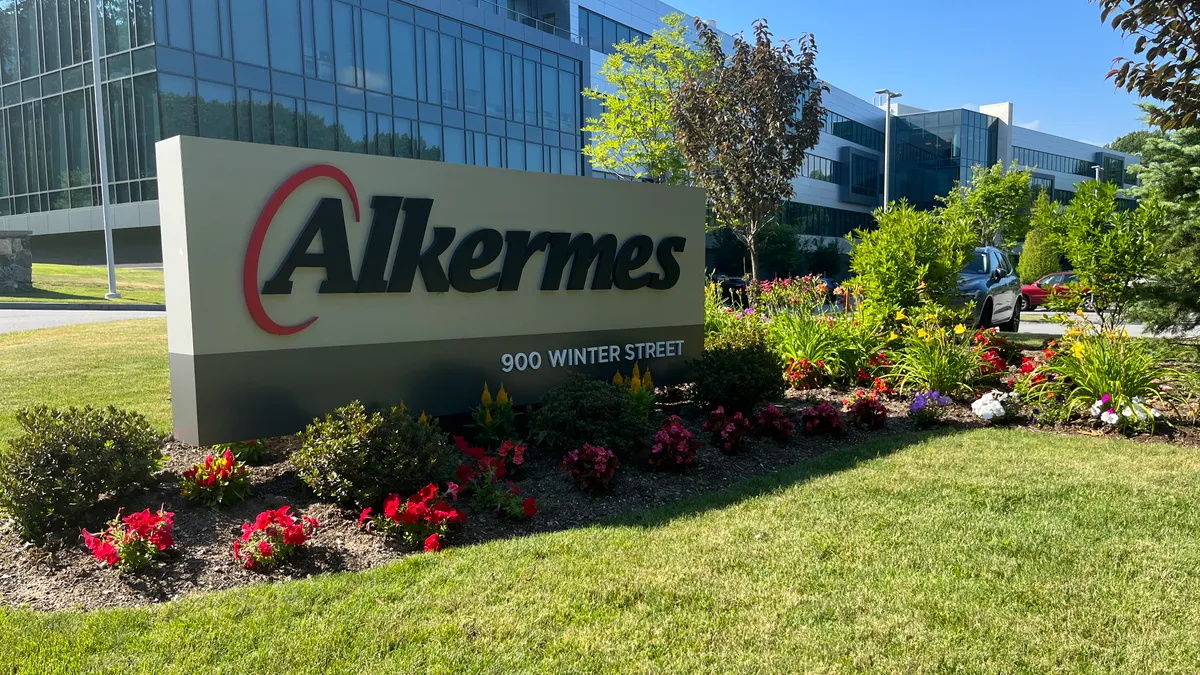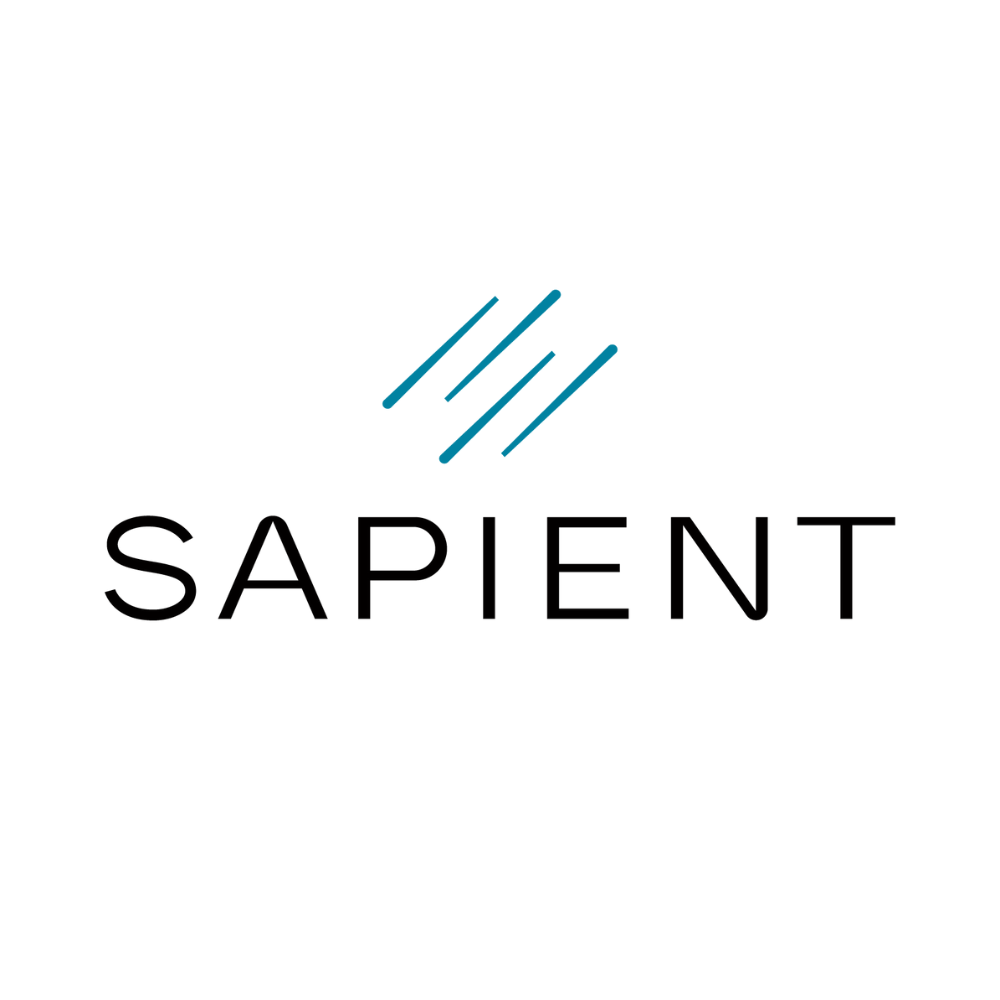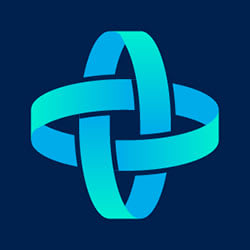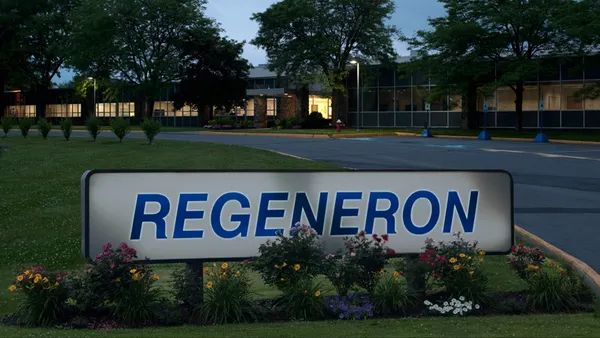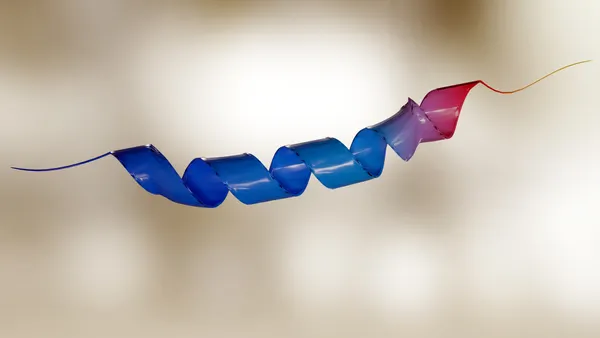A potential multibillion-dollar drug is advancing to late-stage testing now that its developer, Alkermes, has in hand positive results from a smaller study focused on a certain kind of narcolepsy.
According to Alkermes, the study found all three doses of its drug under evaluation were significantly better than a placebo at improving scores on a test that places participants in a quiet, dark, peaceful room and monitors how awake and alert they are. Alkermes described the results as clinically meaningful, and said all the drug-treated groups achieved “normative wakefulness” — in this case, taking more than 20 minutes to fall asleep.
All doses of the drug, previously dubbed ALKS 2680 and now named alixorexton, were also generally well tolerated. Alkermes said there were no so-called serious treatment-emergent adverse events. Nor were there any treatment-related safety signals seen in participants’ vital signs, or on liver, kidney and eye exams.
The clinical trial specifically enrolled people with narcolepsy type 1, which, along with excessive sleepiness, is characterized by sudden loss in muscle control. Alkermes intends to present more detailed data at a medical meeting in Singapore in September. In the meantime, an extension study in which all participants from the main trial receive alixorexton is still running. So are a couple other experiments assessing the drug in adults with narcolepsy type 2, or a sleep disorder known as idiopathic hypersomnia.
Craig Hopkinson, who serves as Alkermes’ chief medical officer while also leading the company’s research and development, said in a statement that his team is “moving forward expeditiously” to start a global Phase 3 testing of the drug. The fresh data are an “important stride forward” for the alixorexton program, he said, as well as for Alkermes' broader portfolio of therapies that amplify orexin 2 proteins.
These results arrived just a week after Takeda announced its own orexin drug, oveporexton, hit the main goals of two late-stage trials, giving the Japan-based pharmaceutical giant the confidence to plan to file for marketing approval in the U.S. and elsewhere by the end of March.
Jefferies analyst Stephen Barker wrote in a note to clients that oveporexton could reach $3 billion in peak yearly sales just as a treatment for narcolepsy Type 1.
Trailing Takeda are Alkermes and several other companies, including Eisai, Jazz Pharmaceuticals and Centessa Pharmaceuticals. They’re each trying to break what Wall Street expects to be a lucrative market, with some estimates holding that between 135,000 and 200,000 people in the U.S. alone have narcolepsy.
Johnson & Johnson has an experimental, orexin 2-targeting medicine as well, though it’s being developed as a therapy for adult and elderly patients who have major depressive disorder with insomnia symptoms.
Joseph Thome, an analyst at TD Cowen, last month reported that his team expects annual sales of Alkermes’ drug to peak at $2 billion. That estimate factors in approvals for both narcolepsy type 1 and 2.
Whether Alkermes shareholders will be as bullish remains to be seen. Evercore ISI analyst Umer Raffat wrote that many investors “were on the sidelines” regarding the company’s orexin program ahead of Monday’s disclosure.
They may still be. Alkermes’ share price was down by as much as 10% Monday morning, before rebounding somewhat to trade down around 5%.



